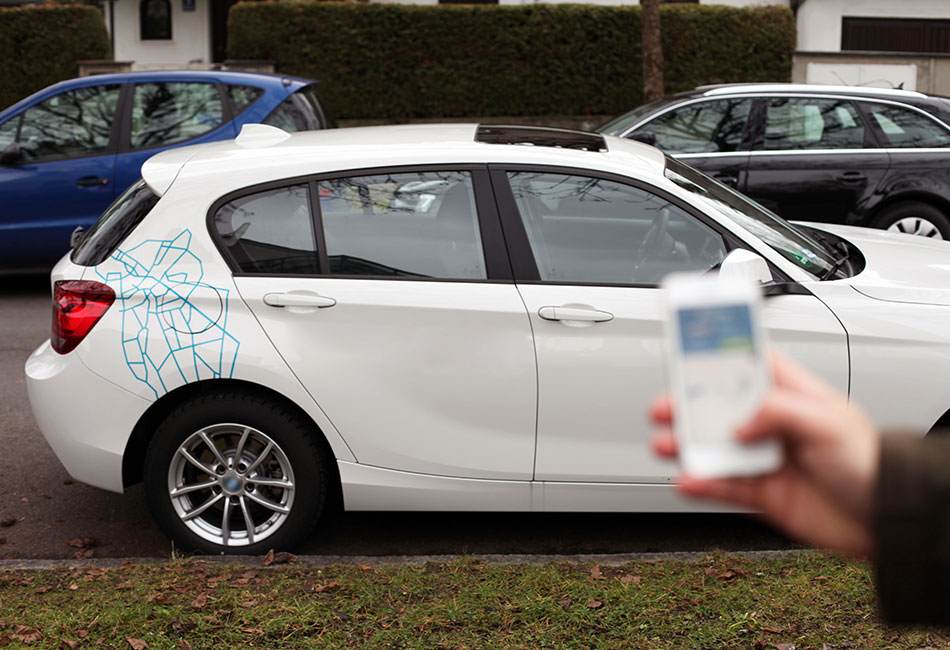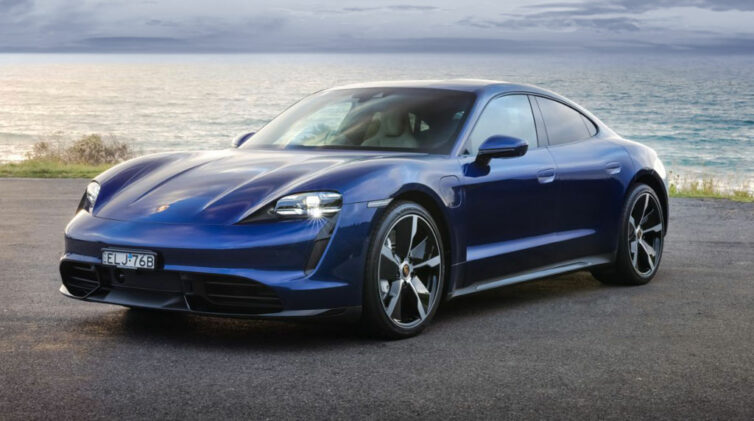While car-makers and others are investing massive sums in a host of new mobility-as-a- service business models, the bad news is that the new wave of mobility services are likely to remain niche offerings for many decades.
The internationally respected automotive research group ICDP (International Car Distribution Program) said the fledgling mobility service industry has been viewed as “a panacea for the auto industry going forward”.
But ICDP senior researcher, Gareth Arnould, the author of ICDP’s Consumer Mobility report, said that the research his organisation had conducted does not necessarily support that point of view.
Speaking to GoAutoNews Premium from Birmingham, he said: “We have found there will be a strong role in the future for the individual use of a car.
“It may not be an owned car, but it will be their vehicle to use when they want it and won’t be shared with anyone,” he said.

The survey of 6000 people found that only 15 per cent of respondents could see car sharing as replacing a main or second car, nine per cent said some of their existing car use could be reduced by car-sharing schemes, and 16 per cent could see car-sharing schemes replacing some of their public transport use instead.
However, while the car might be destined to live in most private garages in Europe, Mr Arnould said the way the car will be financed would be the next shift in car ownership, which is set to change dramatically.
He said the trend would move away from the outright purchase of a vehicle, where the buyer ultimately owns the car, to a monthly payment system similar to a lease including a balloon payment that in the UK is called PCP (personal contract purchase).
Mr Arnould predicted PCP would garner support from up to 90 per cent of future car buyers and would be enhanced by bundling all car-related services into one package. The bundle would include the lease, a service and/or maintenance plan, insurance, registration and so on.
He said the public would have to be educated on how much it would cost to supply a bundled vehicle package when everything was included.
“Customers – almost without exception – have an appalling understanding of how much motoring costs,” Mr Arnould said.
“If customers see a bundled deal which has a full lease deal, they will think it’s too expensive. They’re not thinking about the actual costs – they don’t realise that the lease is actually the cost.
“So part of the strategy going forward for manufacturers is when pushing the bundle, there needs to be a lot of education of the customer about how much their mobility costs.”

Aside from the PCP lease, Mr Arnould said subscription services – leases that can allow the swapping of different cars each month – were becoming more popular, particularly in the US where companies such as Porsche and Cadillac offer the service.
While manufacturers are seen as leading the subscription service program to consumers, Mr Arnould said there was also a role for dealers who could receive a fee-for-service or agency cut from manufacturers.
“Alternatively, it will be handled completely by the manufacturer, depending on the legality because in the US the franchised laws are very much protectionist whereas in the UK it is much easier for the manufacturer to handle services like this directly with the customer,” Mr Arnould said.
“Because the dealer and manufacturer are taking a monthly payment, there will be heavy involvement from the captive finance agency of the manufacturer. So there will be a strong tie-up there with the manufacturer.
“On the other side, dealers could offer a multi-brand selection of vehicles because the dealer is likely to have more than one franchise.”
Mr Arnould said that car sharing was different again, with only some manufacturers including BMW and GM having direct involvement.
“Car sharing will, however, be a niche offering and won’t be widely used,” he predicted.

“Manufacturers may have investment in a car-sharing business but it wouldn’t be overt and would be handled separately from the main business.”
Mr Arnould said it would be 10 years or 30 years away “depending on who you ask” before the public becomes serious about car sharing.
Mr Arnould said the proponents of car sharing had made large investments in their systems but they needed to focus more on the customers.
Only 20 per cent of car owners in the survey had heard of car sharing and even in cities where the shared cars are visible on the street, only 35 per cent of people were aware of them.
“To me, that level of recognition of car sharing is pretty appalling. You would think people would be aware of this,” Mr Arnould said.

He said he could see car sharing lasting, but would struggle to get into a position where the service starts expanding.
“Autoliv in Paris is an example. It’s a large operation and we did analysis of its operation and it’s not good. It loses a significant amount of money and will need a substantial investment to keep going,” he said.
“You take a car share car and you’re naturally thinking: ‘Who has used the vehicle before me? What state has it been left in?’
“These vehicles are not in the best condition with scratches and dents and damaged interiors. It does not give the customer a good experience.
“People perceive car sharing to be the next step and it’s not. We see the trend of car ownership continuing and the move towards payments and bundling of costs for mobility, much like a mobile phone plan.
“The other offerings, such as car sharing and subscription programs, will be niche.”
By Neil Dowling













 Read More: Related articles
Read More: Related articles

